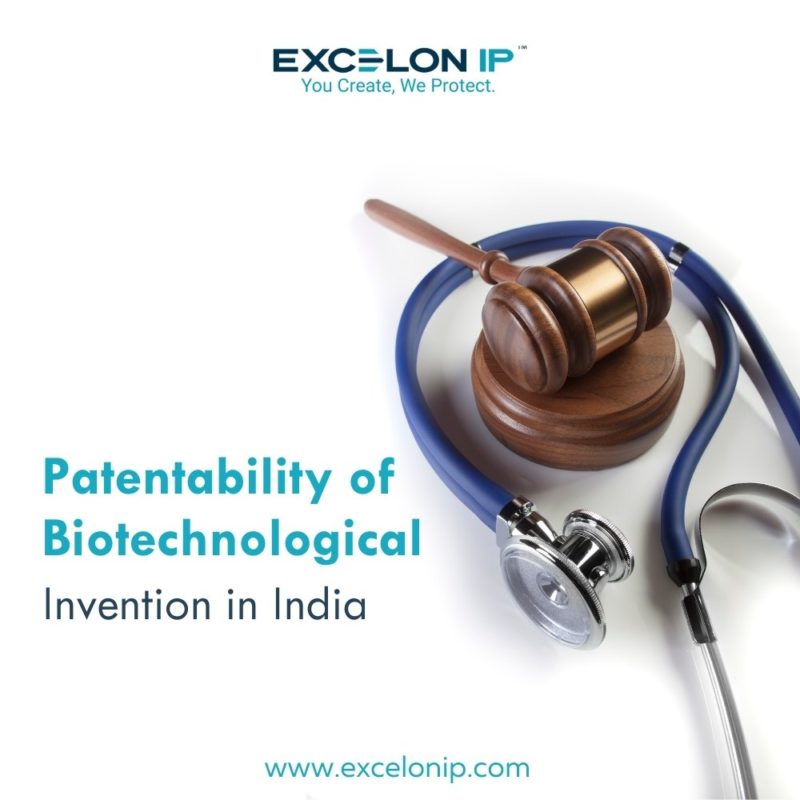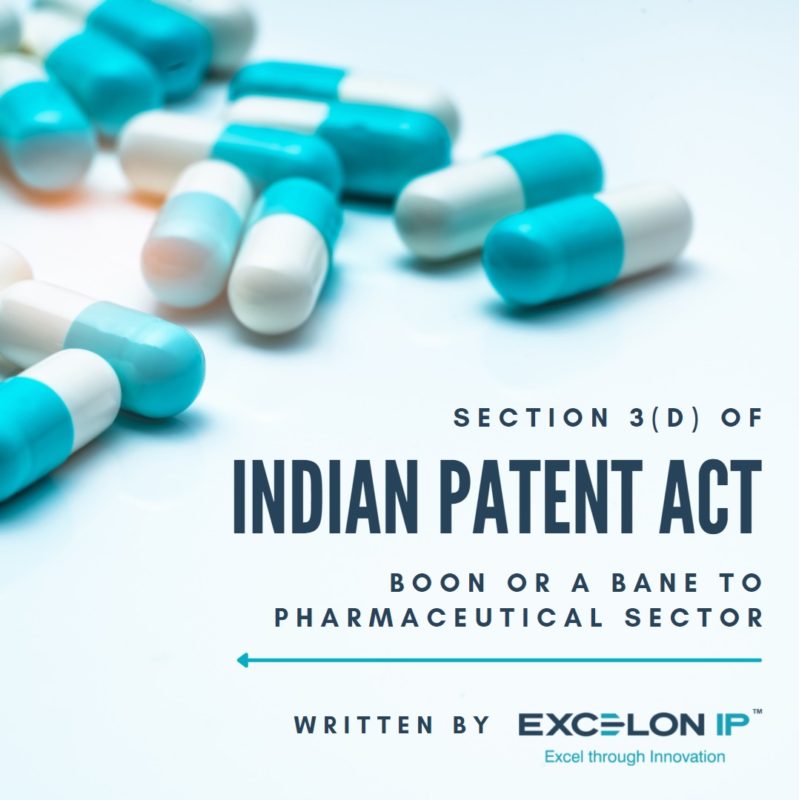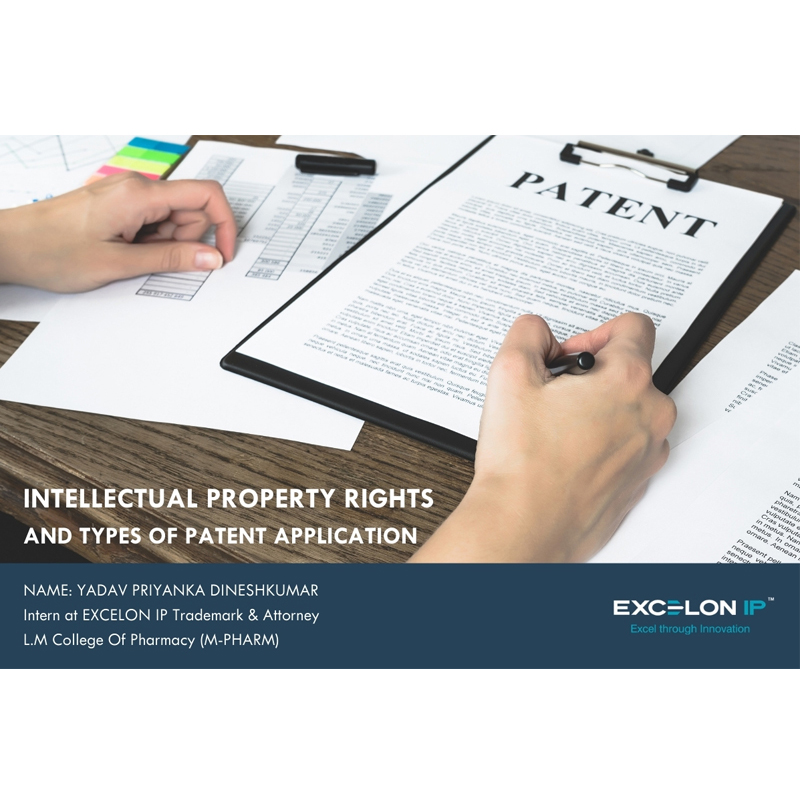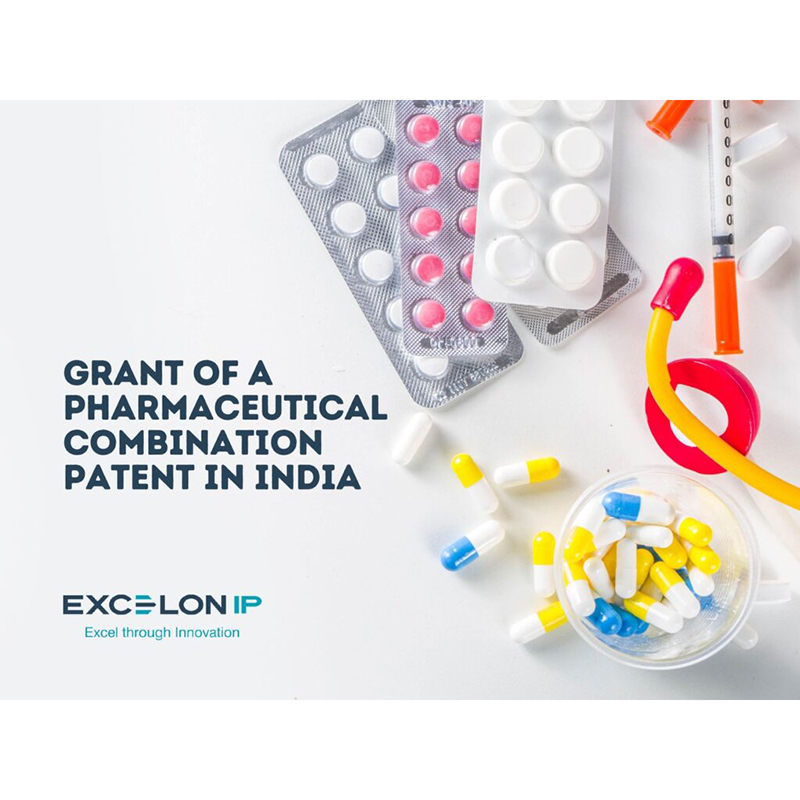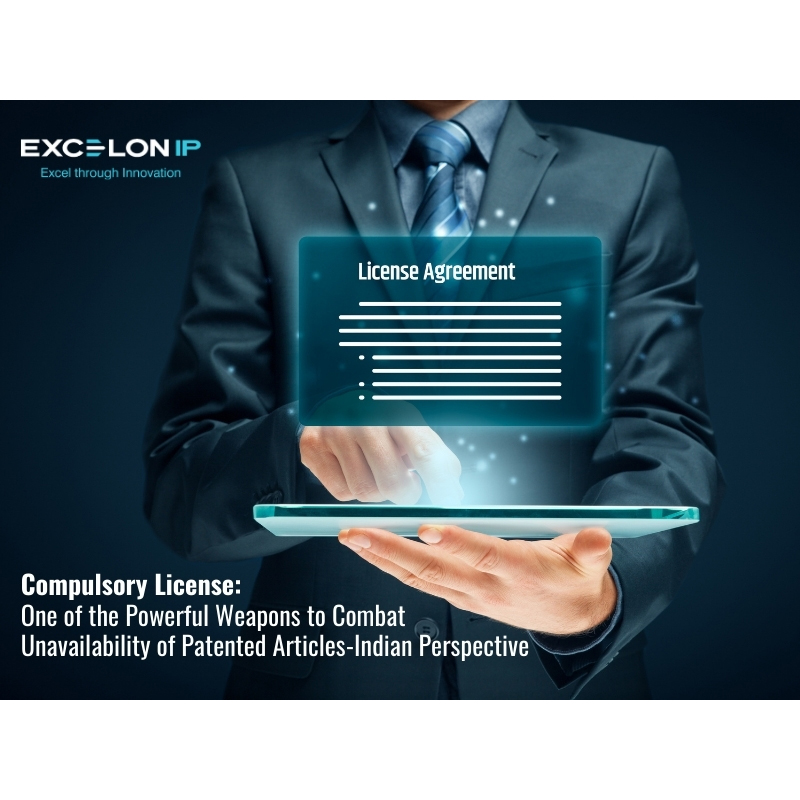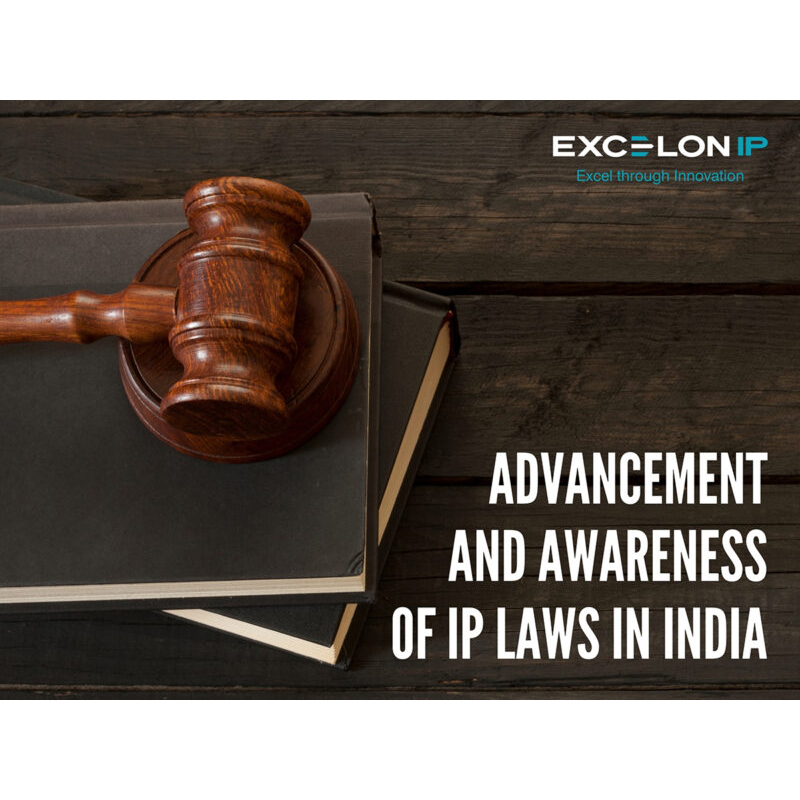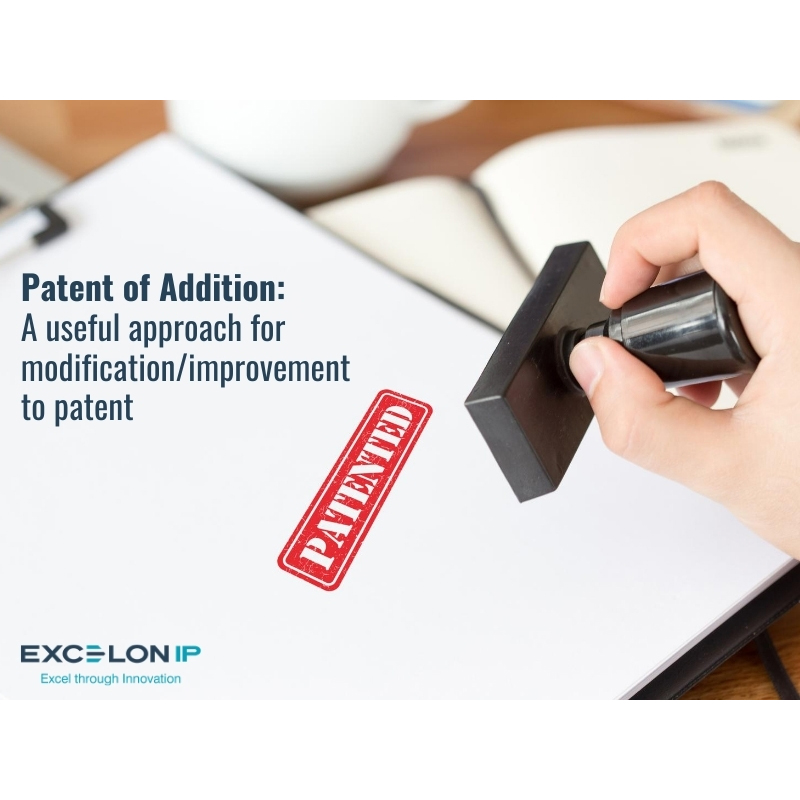By Excelon IP A patent is a right or licenses conferred to the patentee by the government authority for a period of 20 years to exclude others from making, using, or selling an invention. Indian patent system defines three criteria for patentable subject matter: Novelty, New Invention, and Industrial applicability. The patent system allows patent[…read more ]
Written by: Excelon IP Ever since the inception of Trade-Related Aspects of Intellectual Property Rights (TRIPS) in India’s IP framework, there has been a balance in the interest of patent owner and importance of public interest with the implementation of the scope of patentability and compulsory licenses, respectively. Let’s see how convincing this statement is.[…read more ]
This article focuses on the involvement of section 3 (k) in the Indian Patent Act. Before studying the analysis, first, we have to understand that what is section 3 (k) stated according to the Patents Act, 1970. Section 3(k): A mathematical or business method or a computer programme per se or algorithm; are not patentable[…read more ]
After the adjournment of the deadline twice & all the twists and turns happening since then as an outcome of the public vote in June 2016, The United Kingdom has finally departed from the European Union at 11 P.M. GMT on 31st January 2020 which gave life to transition period, set to expire on 31st[…read more ]
Abstract Regulatory exclusivity is one strategy apart from intellectual property rights to get profit and return on investment done by the pharmaceutical industry on the development of drugs. The reason for introducing regulatory exclusivity for drug products was that a lot of time would be lost during the approval of drug products and because of[…read more ]
The provision of Compulsory License (CL) has been having its place secured throughout the amendments in the Indian Patent Act happening since the time before Independence. But the grounds for obtaining CL were found inadequate to prevent the abuse of a patent; the holder has put his money and time for. The Indian patent Act,[…read more ]
With the ever-growing need for invention & creation which ultimately accelerates the growth of a country’s economy, there arises a necessity to protect our intangible assets from being exploited. Although Intellectual Property laws had come into force years ago but very few people knew the value of Intellectual property protection and its significance for their[…read more ]
Those who are aware of Indian Patent Provision might have knowledge that an application for a new form of a known substance, mere admixture, their re-arrangement or slight modification to the existing technology does not qualify to be called a PATENT. Be it a legislation of any country, the invention will be entitled as patent[…read more ]
